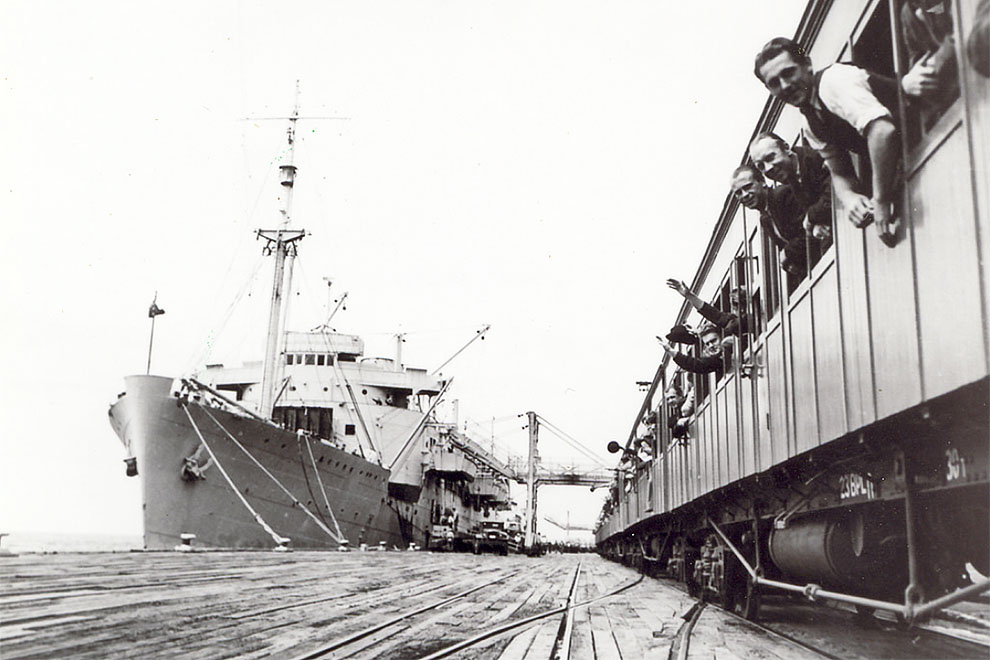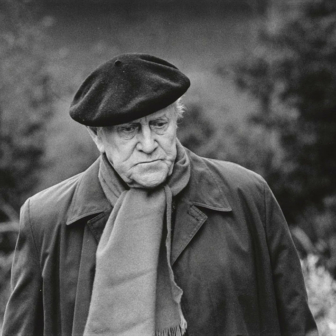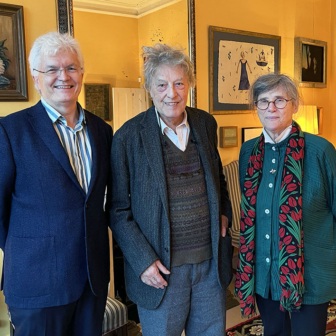It was an innocent enough question over a pint in a Brisbane pub. “What did you do to your leg?” he asked. I had a pretty good answer for him, or so I thought. It was a well-practised one anyway. I’d been telling it for five days via text and email, on the phone and face-to-face, to friends, family and people I’d only just met. I had it right about where I wanted it, too: interesting characters, compelling narrative, exotic locale. It had everything. Stefan, quite unwittingly, was in luck; he got the most dramatic, up-to-date account I could muster.
The short version starts with an attempt to dig a camper-trailer out of a sand bog on Stradbroke Island, off Brisbane. I dropped the trailer arm – the bit that attaches to the back of the 4WD – on my leg, and on its surprisingly slow journey down my left shin it sheared off about twelve centimetres of flesh, exposing bone, muscle and fascia as it went. After a longish wait lying on my back under the midday Queensland sun, an amiable ambo delivered me into the care of the island’s doctor, who, inspecting the bloody, sand-ridden mess before him, declared that I’d gotten off lightly. Then he suggested a shot of morphine. “There’s no gain in pain,” he said, shaking his head. “No medical gain anyway.”
The longer version, the one I’d been developing over the days since the accident, and the one I gave Stefan in the pub, includes park rangers, more ambulance officers, a boat ride piloted by men in “Marine Rescue” uniforms, a hospital emergency department on a Friday night, more doctors, more needles, more drugs, a lot of stitches, and an overheard directive from an old doctor to a novice hovering over my leg, scalpel in hand, that went something like, “Just flatten the blade and take it through like you’re filleting a fish.” Thanks, Doc. I don’t suppose you’ve got any of that morphine handy?
Stefan was enjoying the tale, listening intently and eyeing me over the top of his beer as he took another sip. I had him enthralled.
I finished with a flourish, and spoke of the long road ahead. The doc had said there was limited blood supply to that area of the leg and if it didn’t heal well a skin graft might be in order some time down the track.
Stefan put his glass down and smiled. Then he lifted his left leg up to show me a battered old knee criss-crossed with scars. An avid skier, he’d been hard on his knees over the years and it was obvious he was no stranger to the operating table. For a brief moment I wondered if he and I were about to engage in one of those undignified virility contests where men drink beer and attempt to outdo each other with tales of misadventure and injuries past. If so, I was fairly confident I had Stefan covered with the trailer-down-the-shin story. And as a father of young children in a house with hard wooden floors, I’ve stepped, barefoot, on my fair share of stray Lego pieces. I know pain.
Then he took his shorts up higher to reveal a rough, star-shaped scar at the very top of his leg. It had a haphazard, meandering look about it; not the straight lines you might expect from a planned and precise intervention.
“How’d you do that?” I asked.
Stefan had a pretty good story himself, as it turns out. When he was thirteen years old, in the death throes of the second world war, he got caught between the advancing Russians and the retreating Germans in his native Poland. As he tried to escape the conflict, the Germans bombed the train he was on; he took a piece of the wreck in his leg and ended up in a Russian field hospital just behind the Eastern Front. They closed the wound with clamps and applied sulphur to ward off infection; a Russian doctor told him that it was inevitable that at some point the leg would have to come off. He’d be back in a couple of days to amputate.
In the race to Berlin, the Russians were moving quickly, which was good news for Stefan because the doctor with the plan to have his leg off followed the army. The next doctor who saw him hadn’t got the memo; happy with progress, he let young Stefan keep his leg.
As Stefan took a sip of his beer, I took the opportunity to remind him how hot it was when I dropped the trailer-arm on my leg, and how there was sand in the wound, and how I had to wait for at least thirty minutes before I was in an air-conditioned clinic receiving highly trained care in a pristine, sterile environment, all the while on the morphine teat. He nodded and pushed on.
After the war finished, he trained as an electrician at a tech college in Yugoslavia for a couple of years. Unwilling and unable to return to his Soviet-occupied homeland, he went to a displaced persons camp in Trieste, Italy, where he was interviewed, prodded, poked, X-rayed and weighed, “like an animal or something.”
Along with many of those who came to Australia from the DP camps in the late 1940s, Stefan really wanted to go somewhere else. He tried Canada first. They needed lumberjacks. Too small; he didn’t pass the weigh-in. While waiting for a boat to Brazil, he met with Australian immigration officials. They liked that he knew a bit about the electrical trade and told him all about sunshine and beaches. “Land of milk and honey, you know,” he said.
His first job in the land of milk, honey, sunshine and beaches was in western Tasmania, down a copper mine in Queenstown, a place that the Bureau of Meteorology credits with an average summer high of twenty-two degrees and less than thirty days of clear sky annually. From there he headed over to Melbourne, still confused about the whereabouts of the sunshine he’d heard so much about. He went north again, this time to Sydney where, in a familiar story, he found it hard to get ahead. Eventually, he settled in Queensland. It looked more like the place he’d heard about in the camp in Trieste. He’s eighty-five now.
I guess I’ll be talking about my own injury for years. I’ve got a pretty good hole in my leg that suggests I won’t be able to avoid it. No doubt the story will only improve in the telling: the day will get hotter, the trailer heavier, the hole in my leg deeper, longer and bloodier, and the pain more intense. And did I mention that half-hour wait for an ambulance? Bloody hell it was hot. •




